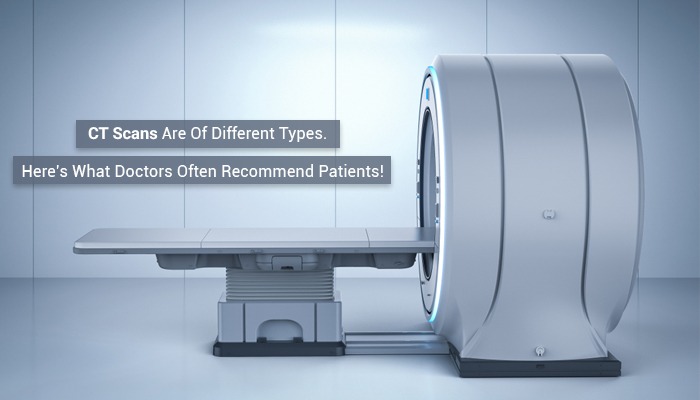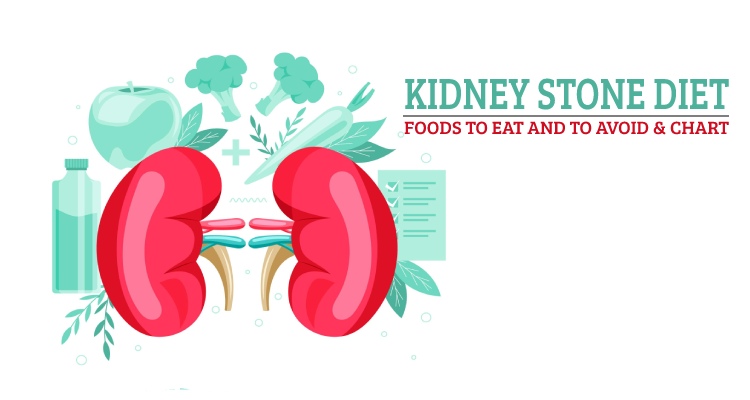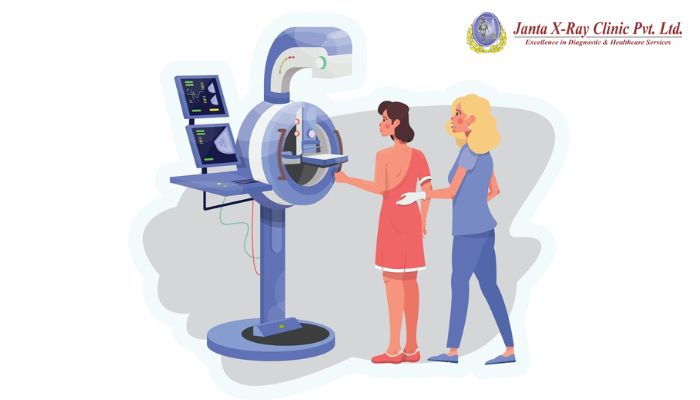CT Scans Are Of Different Types. Here’s What Doctors Often Recommend Patients!

Doctors often recommend medical imaging whenever they suspect any serious health disorder and want to figure out the internal changes in the body. Generally, multiple technologies and methods are there that help doctors diagnose critical health conditions. Among them, Computed Tomography or CT scans are quite popular.
Computed Tomography scans use ionizing radiation to capture internal images of different sections of a body. Its ability to provide a clear image of the internal body organs has excited doctors to suggest this radiography. Likewise, various other compelling reasons made doctors think about this imaging method initially. Some of them are –
-
High-resolution images – Physicians suggest getting a computed tomography scan because they provide three-dimensional images. Unlike X-rays, which can capture only two-dimensional images, this medical imaging method provides a vibrant picture of a patient's inner organs, blood vessels, and other software issues.
-
Painless imaging technique – The entire CT process takes around 15 minutes and is generally painless. In this process, patients are asked to lie down inside a sizeable tube-structured machine that connects to a computer where images are displayed. Experts have mentioned that patients, whether pregnant women or babies haven't yet recorded any problems due to this scan.
-
Early detection of disease – Whenever doctors suspect a severe problem within a body, they recommend CT tests. Now, this depends upon the area where the problem lies. For example, to detect infection in chests, doctors suggest a CT scan chest; for brain injury, they ask to get a brain scan report, and so on.
Types of CT scans doctors often recommend
1. CT angiography: Whenever doctors come across patients suffering from heart disease, they suggest CT angiography. This scanning method help physicians detect the internal changes or damages within the blood vessels. Some specific diseases that can be easily diagnosed with this scan are heart blockages and aneurysms.
2. CT abdomen scan: This particular CT scan captures images of the internal organs of the digestive tract. Such as the intestines, colon, liver, appendix, and spleen. From simple to severe problems like tumors in the colon or appendicitis, a CT abdomen scan helps doctors easily assess the disease.
3. CT bone scan: X-rays can definitely detect a fracture in the bones, but these won't provide a clear picture of the internal tissues. CT bone scan gives detailed information about the fractured bones along with the soft tissues near the bones. An HD-quality picture of tendons, bones, and muscles help doctors diagnose critical diseases in a short time.
4. CT scan chest: Doctors recommend a CT scan chest to get a detailed picture of a patient's lungs. For example, when patients suffer from a breathing problem or have chest pain, they are asked to get a CT test. This particular test helps doctors diagnose multiple severe conditions like lung cancer, pneumonia, tuberculosis, or excess fluid in the lungs.
5. CT pelvic scan: Pelvic CT captures the internal section between the hipbones. Analyzing this test report help doctors diagnose issues with male or female reproductive systems or bladder-related problems. Some specific diseases that can be easily assessed are bladder stones and pelvic tumors or cancer.
6. Cardiac CT: Cardiac CT scan is different from a CT scan chest. Though it takes pictures of the chest area, it does not focus on the lungs. Instead, it helps doctors to detect health disorders in the aorta, heart valves, and arteries so that they can start the right course of treatment.
7. CT kidney scan: The only reason for having a CT kidney scan is to detect kidney stones, kidney tumors, and other related diseases. Doctors suggest an immediate scan for the right treatment whenever a patient complains about a kidney problem.
Get a CT test with or without contrast
CT scans are either performed with or without contrast. The only difference between these two methods is the latter requires a contrast prior to the imaging process. The contrast used for this process is either iodine or barium. Unfortunately, these contrasts are allergic to some people and so it's crucial to consult with doctors before scheduling the scan. Make sure your doctor is well aware of your past medical history and current health condition before getting a medical scan of your body.








.jpg)
2.jpg)


.png)
.jpg)
Comments List